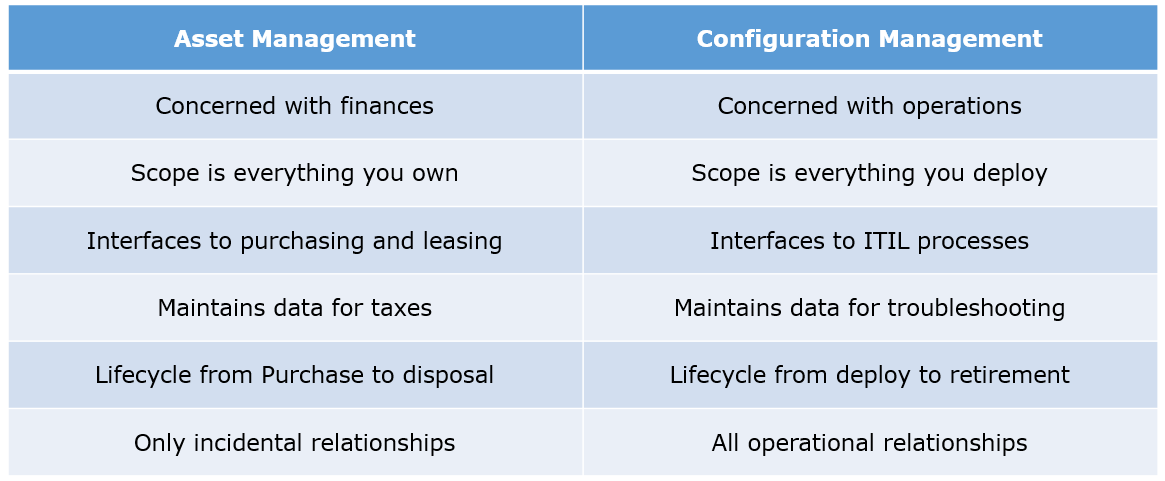Microsoft Technical Screen Questions To Get To Know
Overview If you’re like most students we talk to, you want to know what to expect during your interviews and what we’re looking for in you. At Microsoft, interviews are a two-way street. We want to get to know you, but we also want to be sure you walk away knowing us too. • You’ll meet with your potential coworkers and team; you’ll typically meet for up to an hour each with three to six people during your interviews. • In most cases, you’ll interview with people on two teams within a single product group or two different teams working on entirely different products. Homer Simpson Doh Sound.
We try to find the best fit based on the team's business needs and your own skills and interests. • You’ll have a chance to look around. We'll make sure you have time to see campus and get a feel for the area that may soon become your home. • Be open about your skills. Be upfront about what you do know and what you do not. If you don’t have the exact skill that an interviewer asks you about, don’t panic: part of the interview process is learning and dealing with ambiguity. • We’re interested in how your mind works.
Be ready to show your thinking and explain how you came up with a solution to a technical issue, design question, or problem-solving puzzle; the process you use to arrive at an answer is even more important to us than the answer itself. • Interviews are a mix of behavioral-based and technical questions related to the position you are interviewing for. We are not trying to trick you, ask irrelevant questions or make non-data driven assumptions. What to expect Technical questions: If appropriate to your area of interest, technical questions will be asked that likely involve a technical discussion of projects you’ve worked on. Don’t be afraid to stand up and write code on the whiteboard, draw your solution, or ask questions for clarification. Install Delphi Packages Tutorial there. Ambiguous situational questions: These questions can be hypothetical ('What would you do?' ) or reflective ('What have you done?'

